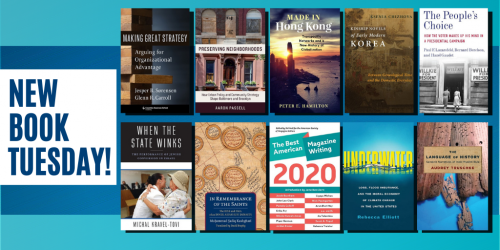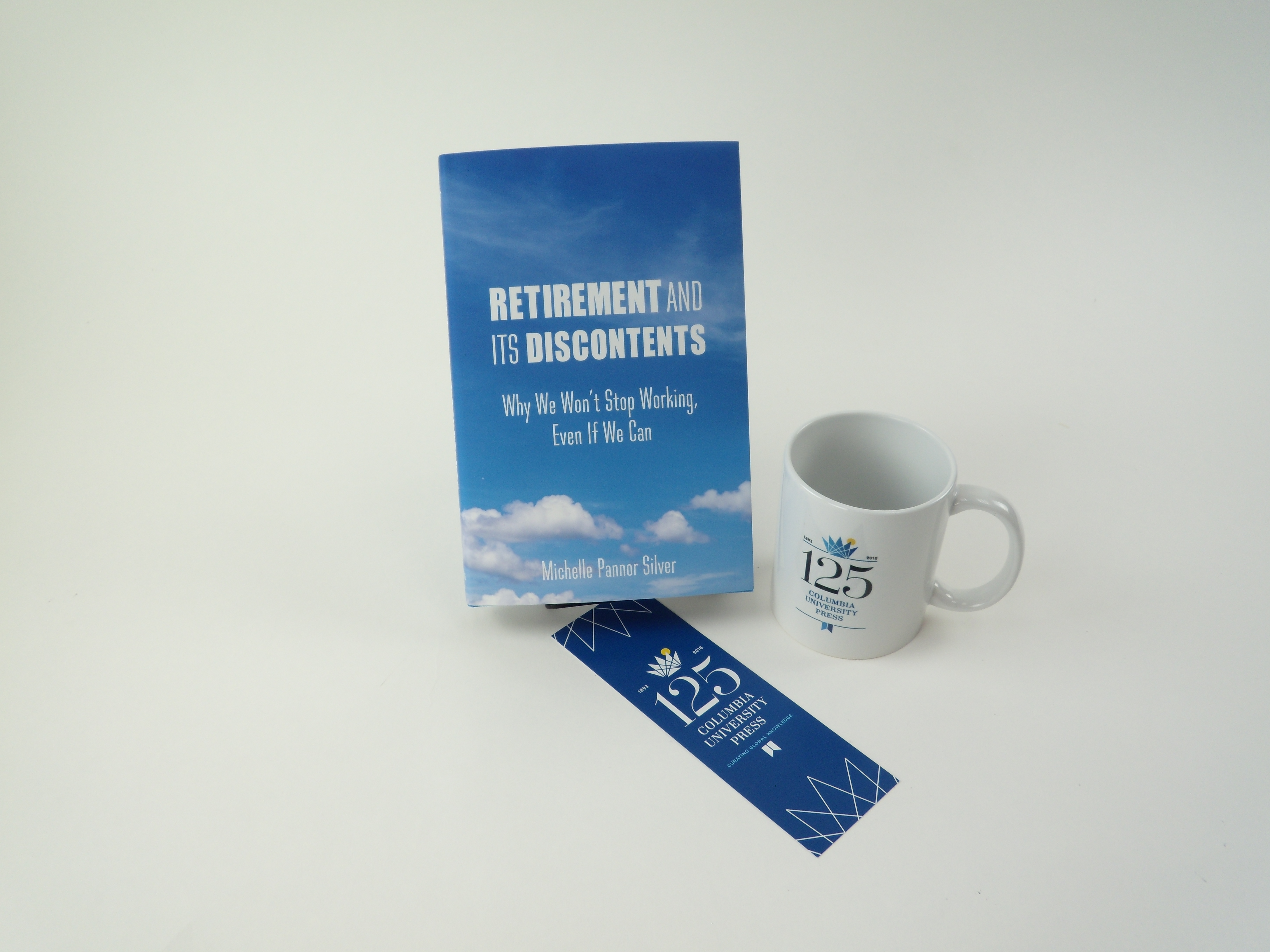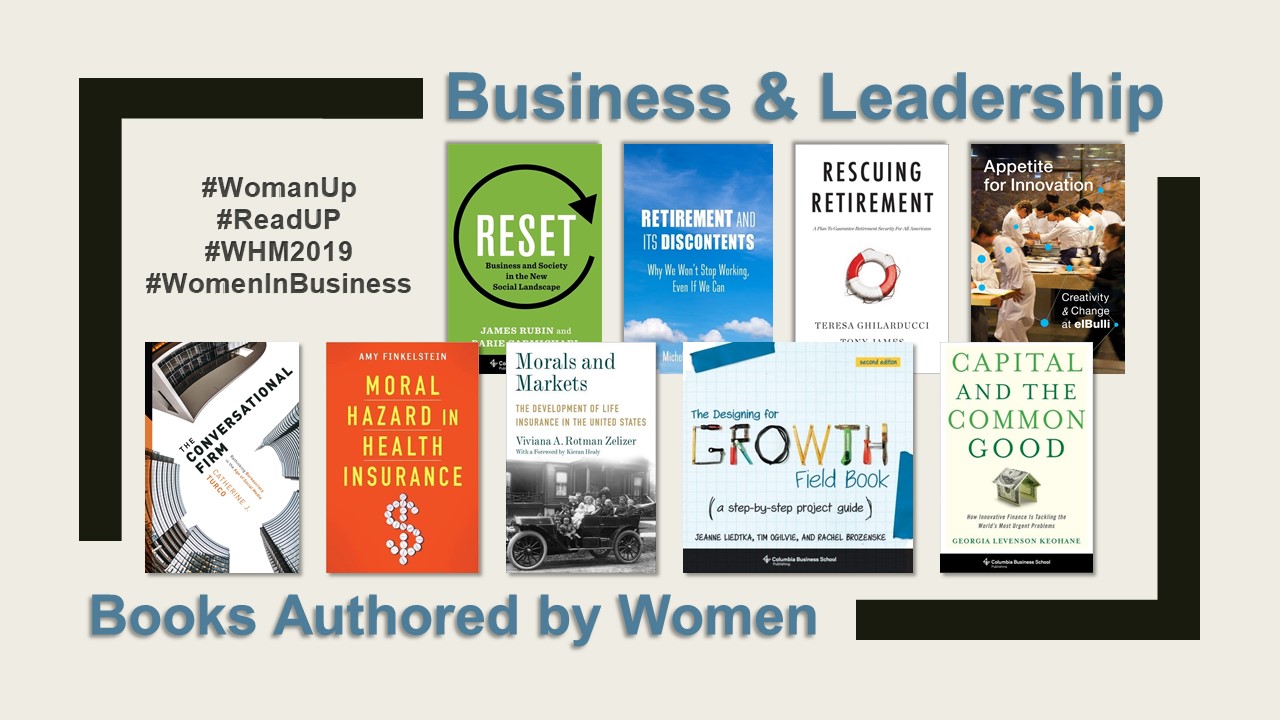How Do You Prepare for Retirement, When You Don’t Want to Stop Working?
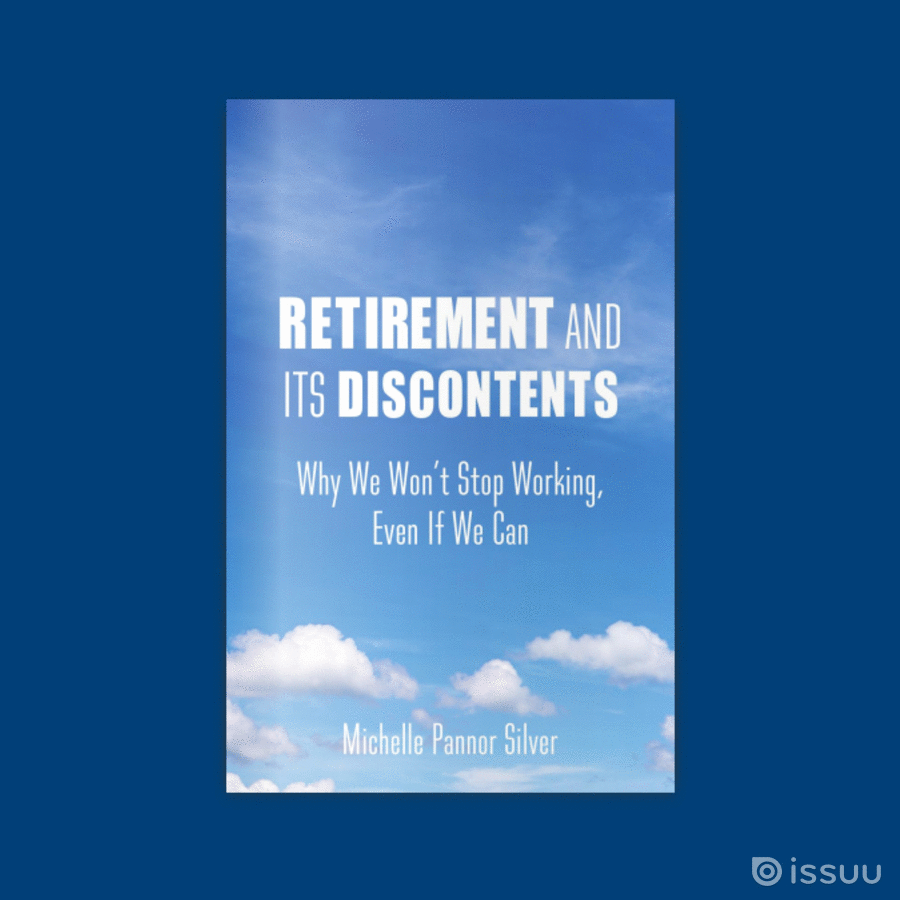
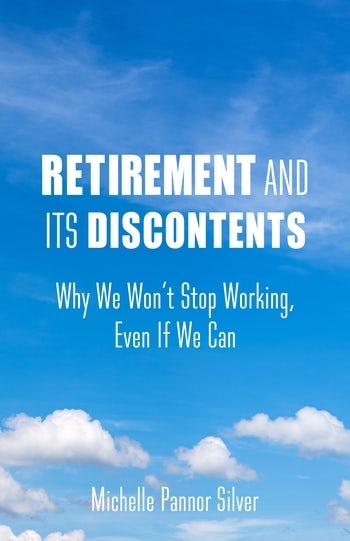
Happy New Year! It’s 2019 and time to get all your affairs in order. Whether you’re in the middle or late stages of your career, or life has decided it has different plans for you than you intended, it’s time to start thinking about retirement. To begin, try to view your life without work. Can’t? Then your first step will be reading Retirement and Its Discontents: Why We Won’t Stop Working, Even If We Can, by Michelle Pannor Silver. Let’s face it, while some of us would love nothing more than spend our retirement traveling the world or lounging on the beach, some of us can’t imagine life without participating in the work that has become our life’s purpose. If you fall in this category, then you’ll want to read the review, and Q&A, and book excerpts below in which Pannor Silver provides tips to planning for partial or phased retirement.
• • • • • •
Rob Carrick. “She wasn’t sure what was worse – cancer or retirement.” The Globe and Mail, November 22, 2018
“The answer for people who don’t want to stop working may be to keep working. Ms. Pannor Silver said an unprecedented gap has emerged between the average age of retirement and life expectancy. Working past 65 seems quite reasonable at a time when living to 90 is slowly becoming routine.” Read entire review.
Read the story of Clare, a CEO at a private hospital who was forced to retire after being diagnosed with cancer.
• • • • • •
Richard Eisenberg. “When Retirement Is A Bad Fit.” Forbes, October 17, 2018
The idyllic retirement: free time to enjoy doing things you like and spending time with friends and family. The reality of retirement for some people, according to Michelle Pannor Silver, author of the new book, Retirement and Its Discontents: unfulfilling, rudderless and filled with a loss of identity.
I just read Silver’s fascinating, if a little depressing, book and interviewed her about it, looking for her wisdom on how people can avoid discontentment in retirement (highlights from our conversation are below).
While most authors writing about retirement and retirement planning focus on the financial side, Silver — an assistant professor in the department of sociology and the interdisciplinary center for health and society at the University of Toronto — looked at the sociological side. She interviewed dozens of former doctors, professors, CEOs and homemakers who viewed themselves as retired, all of whom found the transition to retirement challenging at best.
Many felt forced into retirement by their employers or strongly pushed into it by friends, colleagues and families. Some miss doing the work they had done. Most just felt unprepared for their new life, which echoed a statistic I saw in the new Charles Schwab 2018 Boomer Study. Schwab asked 278 participants in 401(k)s age 54 to 70 what they planned to do when they retired from their primary job or occupation and 17 percent said: “Not sure what will happen.”
Here’s what Silver told me about “retirement and its discontents:” Read entire interview.

